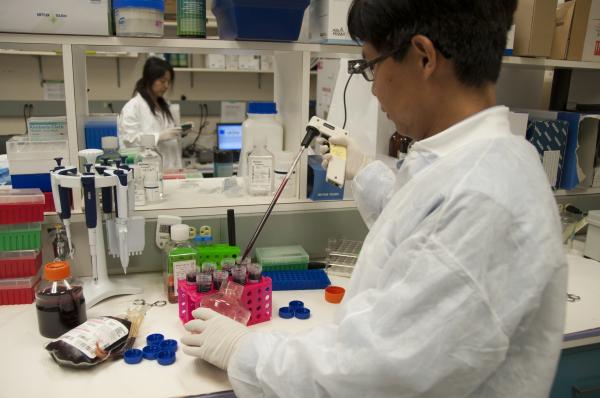Another day, another coronavirus controversy. Well, maybe several controversies. The latest stories keep coming so fast, that it's difficult to know what's accurate and what isn't. So, here's our attempt to clarify some of the biggest ongoing debates.
Are vaccines going to be adequately tested for safety and efficacy if Phase III clinical trials are not completed? Maybe, maybe not. The FDA recently announced that it could issue an emergency authorization for a coronavirus vaccine before Phase III clinical trials are finished. We believe this is a reckless gamble because the agency probably won't have collected enough data to make a truly informed decision as to the vaccine's safety and efficacy.
On the other hand, Dr Anthony Fauci just said that Phase III trials could be ended early if there is "overwhelming" data on safety and efficacy. This can and does happen. For instance, if a clinical trial is assessing a cancer drug, the trial will be cut short if the drug is shown to be statistically significantly better than the other drug (or placebo). It's considered unethical to continue the trial because there is sufficient evidence that the treatment works; thus, it would be wrong to keep giving patients in the control group an inferior drug (or placebo).
The same logic applies here. If sufficient evidence from the clinical trials show that the vaccines are safe and effective, they can receive approval before the trials are complete. This is probably unlikely to happen because the vaccine must be tested on tens of thousands of people in order to detect rare but dangerous side effects.
Does convalescent plasma work to treat COVID? The FDA and NIH are fighting this one out. The former says that convalescent plasma can treat COVID-19, but the NIH says that there is "insufficient data." Specifically, the NIH said in a statement, "There are currently no data from well-controlled, adequately powered randomized clinical trials that demonstrate the efficacy and safety of convalescent plasma for the treatment of COVID-19."
In other words, the experiments that were conducted weren't good enough. They didn't meet basic scientific or statistical criteria. The NIH concluded that it could not recommend for or against convalescent plasma because the data were insufficient. Tellingly, FDA Commissioner Stephen Hahn apologized for hyping convalescent plasma, indicating that the answer to the originally posed question is probably, "No."
Is the COVID death toll closer to 200,000 or 10,000? The CDC said that 94% of COVID deaths were in people who had underlying conditions. Many took that to mean that the COVID death toll is greatly exaggerated. That's not true. As my esteemed colleague Dr. Chuck Dinerstein said, "Death certificates are the stories we tell ourselves, how we connect the dots at the end of one's life." They are certainly not the final arbiter of truth.
Why not? Consider the following explanation, also by Dr. Dinerstein:
The main cause of the death is the more proximate, that is timely, driver of the event, whereas co-morbidities become secondary factors. Identifying the proximal event can be tricky and may require judgment. If someone has a heart attack, loses control of his car, and subsequently has a head-on collision at 60 mph and dies, is the cause of death the car accident or the heart attack?
The moral of the story is that death certificates try to piece together why a person died. It attempts to build a story, such as A caused B caused C caused D, which resulted in death. What the CDC said is that in 6% of cases, the only cause of death listed was coronavirus. That does not mean that coronavirus was not a driving force behind the other 94% of deaths.




